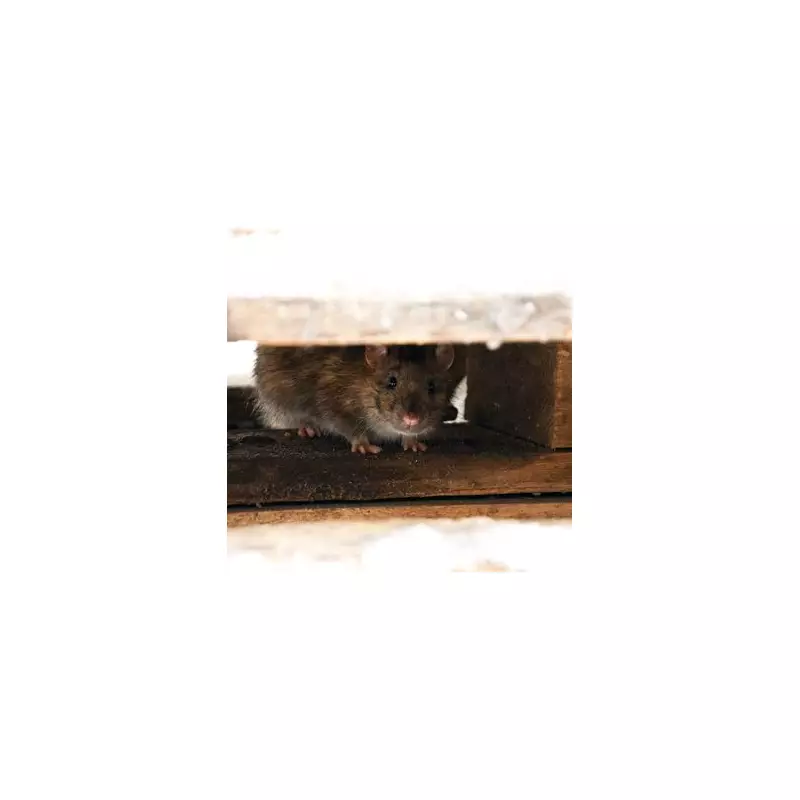
Forget harsh chemicals and expensive exterminators. The secret to a rodent-free home might already be lurking in your kitchen cupboard or garden. Gardening experts have revealed the powerful, natural aromas that rats and mice absolutely despise, offering a fragrant and effective line of defence.
These common household scents work by overwhelming the highly sensitive noses of rodents, forcing them to seek shelter elsewhere. It’s a simple, humane, and surprisingly fragrant strategy for pest control.
The 7 Scents That Send Rodents Packing
If you're looking to evict unwanted furry tenants, incorporate these smells around common entry points, in sheds, and near bin storage areas.
1. Peppermint Oil: The Ultimate Rodent Repellent
This fresh, minty scent is pleasant for humans but utterly overwhelming for rodents. Soak cotton balls in 100% pure peppermint oil and place them in drawers, cupboards, and corners where you suspect activity. Reapply every few weeks to maintain its potent effect.
2. The Spicy Kick of Chilli Pepper
Mice and rats have delicate respiratory systems, and the potent capsaicin in chilli peppers acts as a powerful irritant. Create a simple spray by mixing water with chopped spicy peppers or chilli powder and spritz it around potential entry points.
3. Eucalyptus: A Fresh and Potent Deterrent
The strong, medicinal aroma of eucalyptus oil is another excellent choice for keeping pests at bay. Its intense fragrance masks the scent trails rodents use to navigate, confusing them and encouraging them to leave.
4. Citronella: Not Just for Mosquitos
Commonly used to ward off flying insects, citronella’s strong lemony fragrance is also highly effective against scurrying pests. Citronella candles or oil diffusers can help protect patio and garden areas.
5. The Pungent Power of Garlic and Onion
These kitchen staples release a strong sulphuric odour that rodents find particularly offensive. Leave out crushed cloves of garlic or slices of onion in areas of activity, but remember to replace them regularly before they rot.
6. Camphor: A Traditional Mothball Alternative
Often found in traditional mothballs, the intense smell of camphor is a proven rodent repellent. For a safer approach than old-fashioned naphthalene balls, consider using natural camphor oil in a diffuser.
7. Vinegar: The Clean-Freak’s Repellent
A strong vinegar solution doesn’t just disinfect surfaces; it also erases the scent trails that mice use to communicate and navigate your home. Wipe down floors and skirting boards with a white vinegar mix to clean away tempting smells.
Pro Tips for a Rodent-Proof Home
While these smells are effective, experts recommend combining them with good household habits for a robust defence:
- Seal Entry Points: Check for and seal any cracks or holes larger than a pencil width around your home’s exterior.
- Manage Waste: Ensure all bin lids are tightly sealed and compost is kept in a secure container.
- Store Food Securely: Keep dry goods like pasta, cereals, and pet food in airtight glass or metal containers.
- Be Persistent: Natural remedies require regular reapplication, especially after rain if used outdoors.
By harnessing the power of these natural odours, you can protect your property from destructive rodents and enjoy a fresher-smelling home in the process.





